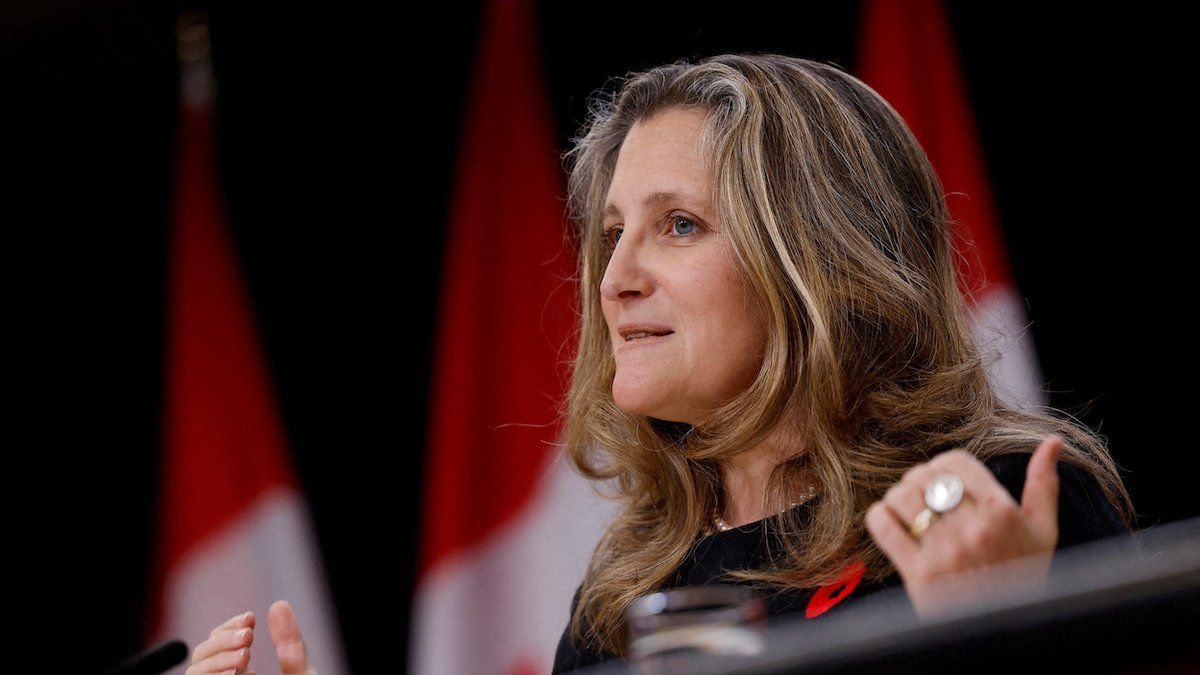On March 9, the Liberal Party will have a new leader, and soon after, Canada will have a new prime minister.
The race is set to be a contest between former Bank of Canada and Bank of England Governor Mark Carney and Chrystia Freeland, who was Justin Trudeau’s finance minister and deputy prime minister until she resigned in December over differences with the PM.
A handful of others have declared a run including longtime Cabinet minister Karina Gould, former member of Parliament Frank Baylis, and current MPs Jaime Battiste and Chandra Arya. Resource Minister Jonathan Wilkinson is reportedly considering a bid. But they’re long shots at best.
Candidates have until Jan. 23 to declare.
With the Liberals down more than 20 points in the polls and facing an election as early as March, whoever wins has a tough task ahead. Rather than battle for a poisoned chalice, a number of high-profile Cabinet ministers are sitting out, including Foreign Minister Mélanie Joly, Industry Minister François-Philippe Champagne, Finance Minister Dominic Leblanc, and Transport Minister Anita Anand. Former British Columbia Premier Christy Clark also demurred, citing her poor French speaking skills.
The Liberals set a hefty entrance fee for candidates at 350,000 Canadian dollars — a steep amount for a short race in which strict election finance rules forbid individual donors from contributing more than CA$1,750, and companies are prohibited from donating at all. That means that only heavy hitters with wide recognition have a shot at raising enough cash in time, leaving the high-profile Carney and Freeland ahead of the pack before the race even begins.
